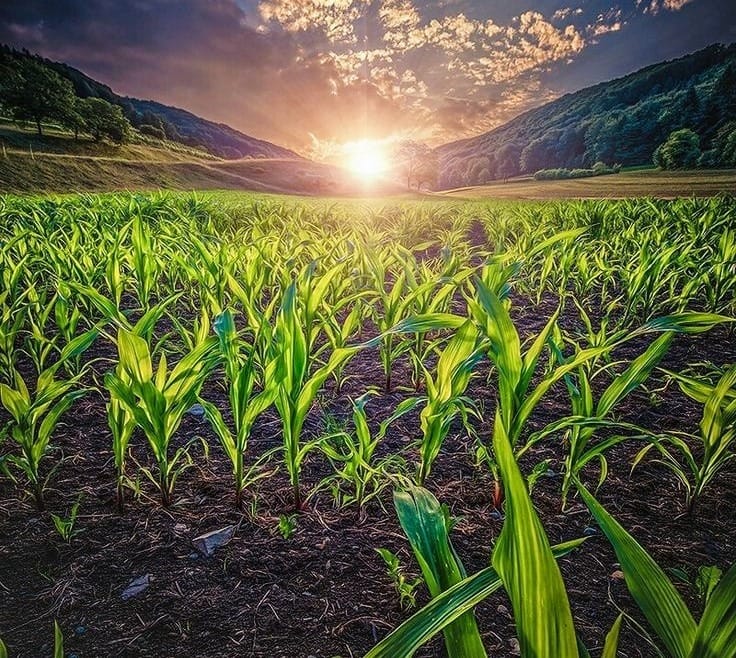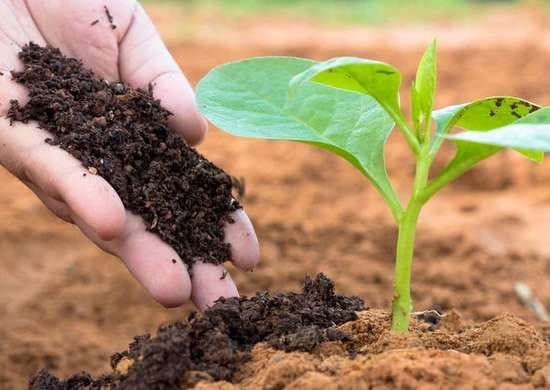Modern agriculture is the backbone of global food security, feeding billions and supporting countless livelihoods. However, the sector faces significant challenges in a rapidly changing world. From climate change to resource depletion, these obstacles threaten the sustainability of agricultural practices. Below, we explore the major challenges in modern agriculture and the innovative solutions being adopted to overcome them.

1. Climate Change and Its Impact on Agriculture
One of the most pressing challenges is climate change, which disrupts weather patterns, reduces crop yields, and increases the frequency of extreme weather events like droughts, floods, and storms. Farmers must adapt to these changes by adopting climate-resilient crops, implementing water-efficient irrigation systems, and leveraging weather forecasting technologies.
2. Depleting Natural Resources
Agriculture heavily depends on natural resources like water, soil, and biodiversity. Overuse and mismanagement have led to soil degradation, water scarcity, and loss of biodiversity. Sustainable practices such as crop rotation, organic farming, and precision agriculture are critical to preserving these resources for future generations.
3. Declining Farmland Availability
Urbanization and industrial expansion are encroaching on arable land, reducing the space available for farming. Vertical farming, hydroponics, and rooftop gardens are innovative solutions that maximize food production while minimizing land use.
4. Economic Pressures on Farmers
Farmers face economic challenges, including fluctuating commodity prices, rising input costs, and competition in global markets. Financial stress has driven many small-scale farmers out of business. Governments and organizations can support farmers through subsidies, grants, and access to affordable credit.
5. Technological Barriers
While agricultural technology has advanced significantly, access to these innovations remains unequal. Small-scale farmers in developing countries often lack the resources to adopt modern tools such as drones, sensors, and AI-driven machinery. Expanding access to affordable technology is vital for improving productivity and efficiency.
6. Labor Shortages
Labor shortages in agriculture are becoming increasingly common due to migration, aging populations, and a lack of interest in farming among younger generations. Mechanization, automation, and training programs can help address this issue.
7. Pests, Diseases, and Crop Losses
Crop losses due to pests and diseases continue to threaten food security. Integrated pest management (IPM), biological control methods, and genetic engineering to develop pest-resistant crops are proving effective in combating these issues.
Innovative Solutions for Modern Agriculture
1. Adoption of Sustainable Practices
Farmers are increasingly embracing techniques like conservation tillage, agroforestry, and organic farming to enhance soil health and reduce environmental impact.
2. Digital Agriculture
Digital tools like farm management software, remote sensing, and data analytics empower farmers to make informed decisions and optimize resource use.
3. Policy Support
Governments play a crucial role by implementing policies that encourage sustainable practices, provide financial aid, and ensure fair market access for farmers.
Conclusion
Modern agriculture faces multifaceted challenges, but innovative solutions and collective action can ensure a sustainable future.
read : 10 best Organic Agriculture tips to Boost Soil Health & Sustainability



Your article helped me a lot, is there any more related content? Thanks!
I don’t think the title of your article matches the content lol. Just kidding, mainly because I had some doubts after reading the article. https://accounts.binance.com/ru-UA/register?ref=OMM3XK51
Can you be more specific about the content of your article? After reading it, I still have some doubts. Hope you can help me. https://accounts.binance.com/register?ref=P9L9FQKY
Your point of view caught my eye and was very interesting. Thanks. I have a question for you.
I don’t think the title of your article matches the content lol. Just kidding, mainly because I had some doubts after reading the article.
Your point of view caught my eye and was very interesting. Thanks. I have a question for you.
Your point of view caught my eye and was very interesting. Thanks. I have a question for you.
Thank you for your sharing. I am worried that I lack creative ideas. It is your article that makes me full of hope. Thank you. But, I have a question, can you help me?